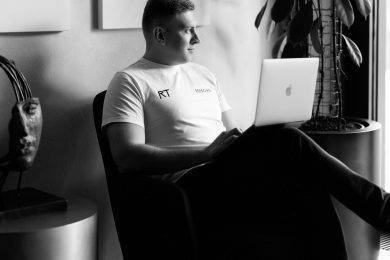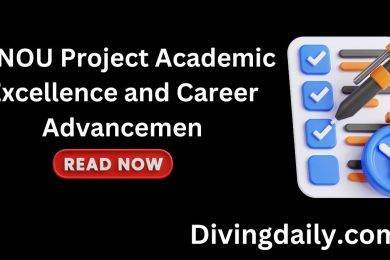The Ukrainian businessman, investor, and the founder of venture fund Adventures Lab Ruslan Tymofieiev (Ruslan Tymofeev) is experienced in two industries: he has built one of the most successful CPA networks that works now in almost all the continents, and now he is expanding his investment portfolio. The expert told us about the shift in his career, what pitfalls he faced when building his company, and what he pays attention to when choosing a startup to invest in.
Now, Adventures Lab founded by Ruslan has quite an impressive portfolio. Since the fund was launched in 2019, it got invested more than $15 million in such promising startups as Reface, EduDo, and Salo. The fund focuses mostly on IT seed and pre-seed startups. But to get the expertise of being able to choose whether a startup is worth investing in, Ruslan Tymofieiev (Ruslan Tymofeev) had to pass a long way.
As Ruslan explains, he started his career being a teenager by promoting social network communities. He needed two weeks to figure out what benefits it could bring to him and how to do it properly, and right after he got his first revenue. Then, he learned how to monetize traffic with help of affiliate programs and started exploring this niche. It was when he found other enthusiastic people and they together created a multi-vertical partner network called Everad. “We worked in different directions but over time, we focused on Health & Beauty,” says Ruslan. Being specific in your work means you can focus more precisely and know better your market.
Everad grew bigger and bigger, but at some point, they had to change their strategy. In 2016, when Ukraine faced a financial crisis, the company also had harsh times. One of the partners decided to leave the business and take out his share. Ruslan had a choice: either to close the business completely or to risk, take a loan in the bank and push the company to work harder. “I remember I wrote a new strategy for the company, just half a page long. We changed the business model and increased the marginality fivefold, dramatically increased the volume of the traffic, and left our competitors behind,” Ruslan Tymofieiev recalls.
In three months, Ruslan managed to repay the loan and meet the targets he set up in the new strategy. After that, the company started to grow even more intensively and open markets all over the world.
And then Ruslan realized he wanted to switch the direction of what he was doing. “I hit a ceiling in this business,” the businessman explains. The shift happened organically, as by that moment he already had an experience of investing. First, he invested in a few projects in 2014, yet that investment did not work out for him. Ruslan spent time exploring this area, and at some point, he realized it made him enthusiastic more than operational work. “I decided to sell my stake in Everad and switched completely to investment activities.”
That was when Adventures Lab appeared. Now, Ruslan is in charge of choosing and evaluating startups, studying the market situation, and consulting the portfolio projects.
According to Ruslan Tymofieiev (Ruslan Tymofeev), the most important when evaluating a startup for investing is to know the market. “Everyone usually starts with the team, but I prefer to start with the market. Because if the market is not overheated, you can carve out a certain niche,” explains the expert.
However, the startup team is also important. Especially when it comes to their networking skills. The wider their network is, the more chances their startup to become successful. “Due to strong networking, communication with investors and the media, due to feedback received, the company receives a lot more valuable information.”
To balance the lack of networking effect, startup founders should offer impressive expertise and an incredible final product that responds to all the market requests. However, there is always a risk. Mostly, due to a human factor. But as Ruslan Tymofieiev notes, risks are worth taking as they can open new perspectives.
My name is Sardar Ayaz a professional content writer and SEO expert having Proven record of excellent writing demonstrated in a professional portfolio Impeccable grasp of the English language, including idioms and current trends in slang and expressions. I have ability to work independently with little or no daily supervision with strong interpersonal skills and willingness to communicate with clients, colleagues, and management.
I can produce well-researched content for publication online and in print, organize writing schedules to complete drafts of content or finished projects within deadlines. I have 12 years’ experience to develop related content for multiple platforms, such as websites, email marketing, product descriptions, videos, and blogs.
I use search engine optimization (SEO) strategies in writing to maximize the online visibility of a website in search results











